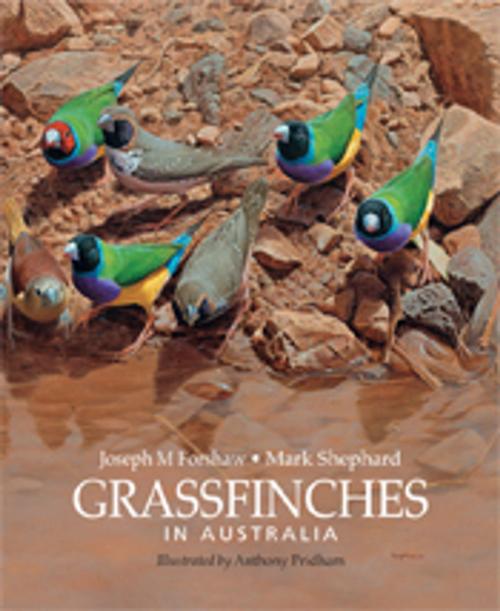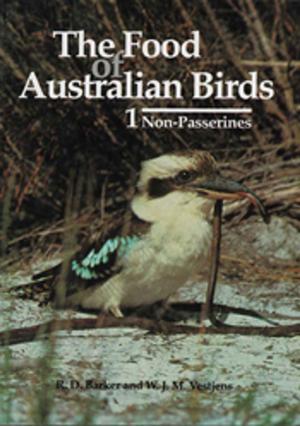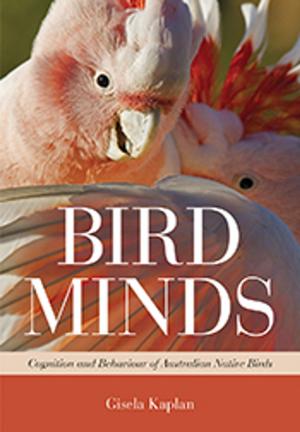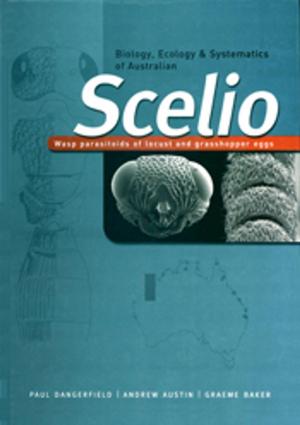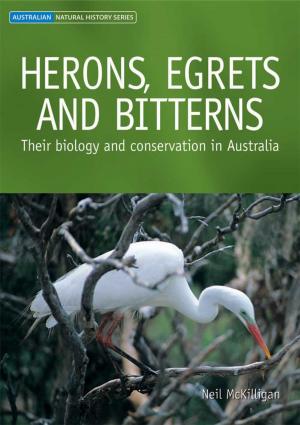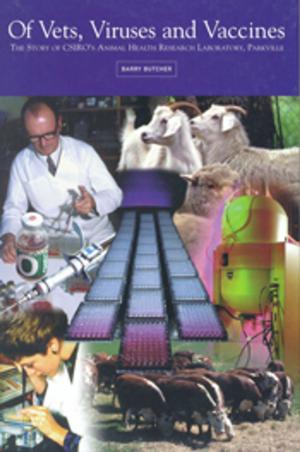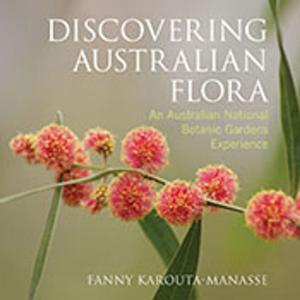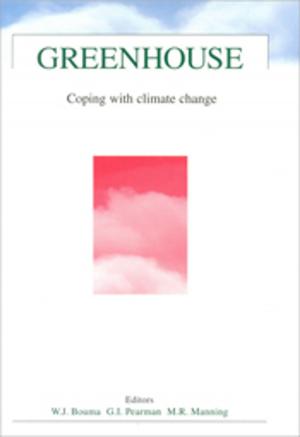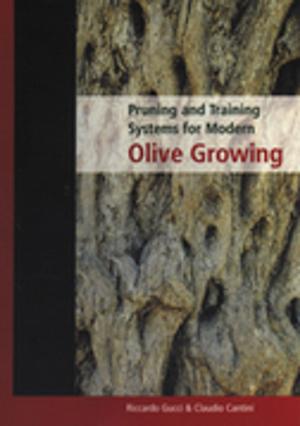Grassfinches in Australia
Nonfiction, Science & Nature, Science, Biological Sciences, Zoology, Nature| Author: | Anthony Pridham, Joseph M Forshaw, Mark Shephard OAM | ISBN: | 9780643107885 |
| Publisher: | CSIRO PUBLISHING | Publication: | August 9, 2012 |
| Imprint: | CSIRO PUBLISHING | Language: | English |
| Author: | Anthony Pridham, Joseph M Forshaw, Mark Shephard OAM |
| ISBN: | 9780643107885 |
| Publisher: | CSIRO PUBLISHING |
| Publication: | August 9, 2012 |
| Imprint: | CSIRO PUBLISHING |
| Language: | English |
It is not surprising that Australian grassfinches are highly popular with ornithologists and aviculturists, for included among the species are one of the most beautiful of all birds – the Gouldian Finch Erythrura gouldiae – and one of the most familiar cagebirds – the Zebra Finch Taeniopygia guttata. Despite a scarcity in published works on finches, interest in the species is growing, leading to a dramatic advancement in our knowledge of many species. For example, we have gained new information from field observations carried out on little-known species, including the Blue-faced Parrot-Finch Erythrura trichroa and the Red-eared Firetail Stagonopleura oculata. Significant advances in taxonomic research, largely as a consequence of the development and refinement of biochemical analyses, often involving DNA-DNA hybridisation, have given us a new insight into relationships among species, with some unexpected alliances being determined. Additionally, dramatic changes have taken place in avicultural practices, and in virtually all countries aviculture has taken on a new professional approach, with the most notable results being increased productivity and success with a wider variety of species. After a lapse of almost half a century since publication of Klaus Immelmann’s eminent work on finches, based on extensive field studies, the time has come for a new examination of Australian grassfinches. In Grassfinches in Australia, Joseph Forshaw, Mark Shephard and Anthony Pridham have summarised our present knowledge of each species, and have given readers a visual appreciation of the birds in their natural habitats and in aviculture. The resulting combination of superb artwork and scientifically accurate text ensures that this volume will become the standard reference work on Australian grassfinches. In addition to enabling aviculturists to know more about these finches in the wild as a guide to their own husbandry techniques, detailed information on current management practices for all species in captivity is provided. The book also includes colour plates depicting some of the more common mutations held in Australian and overseas collections.
It is not surprising that Australian grassfinches are highly popular with ornithologists and aviculturists, for included among the species are one of the most beautiful of all birds – the Gouldian Finch Erythrura gouldiae – and one of the most familiar cagebirds – the Zebra Finch Taeniopygia guttata. Despite a scarcity in published works on finches, interest in the species is growing, leading to a dramatic advancement in our knowledge of many species. For example, we have gained new information from field observations carried out on little-known species, including the Blue-faced Parrot-Finch Erythrura trichroa and the Red-eared Firetail Stagonopleura oculata. Significant advances in taxonomic research, largely as a consequence of the development and refinement of biochemical analyses, often involving DNA-DNA hybridisation, have given us a new insight into relationships among species, with some unexpected alliances being determined. Additionally, dramatic changes have taken place in avicultural practices, and in virtually all countries aviculture has taken on a new professional approach, with the most notable results being increased productivity and success with a wider variety of species. After a lapse of almost half a century since publication of Klaus Immelmann’s eminent work on finches, based on extensive field studies, the time has come for a new examination of Australian grassfinches. In Grassfinches in Australia, Joseph Forshaw, Mark Shephard and Anthony Pridham have summarised our present knowledge of each species, and have given readers a visual appreciation of the birds in their natural habitats and in aviculture. The resulting combination of superb artwork and scientifically accurate text ensures that this volume will become the standard reference work on Australian grassfinches. In addition to enabling aviculturists to know more about these finches in the wild as a guide to their own husbandry techniques, detailed information on current management practices for all species in captivity is provided. The book also includes colour plates depicting some of the more common mutations held in Australian and overseas collections.
